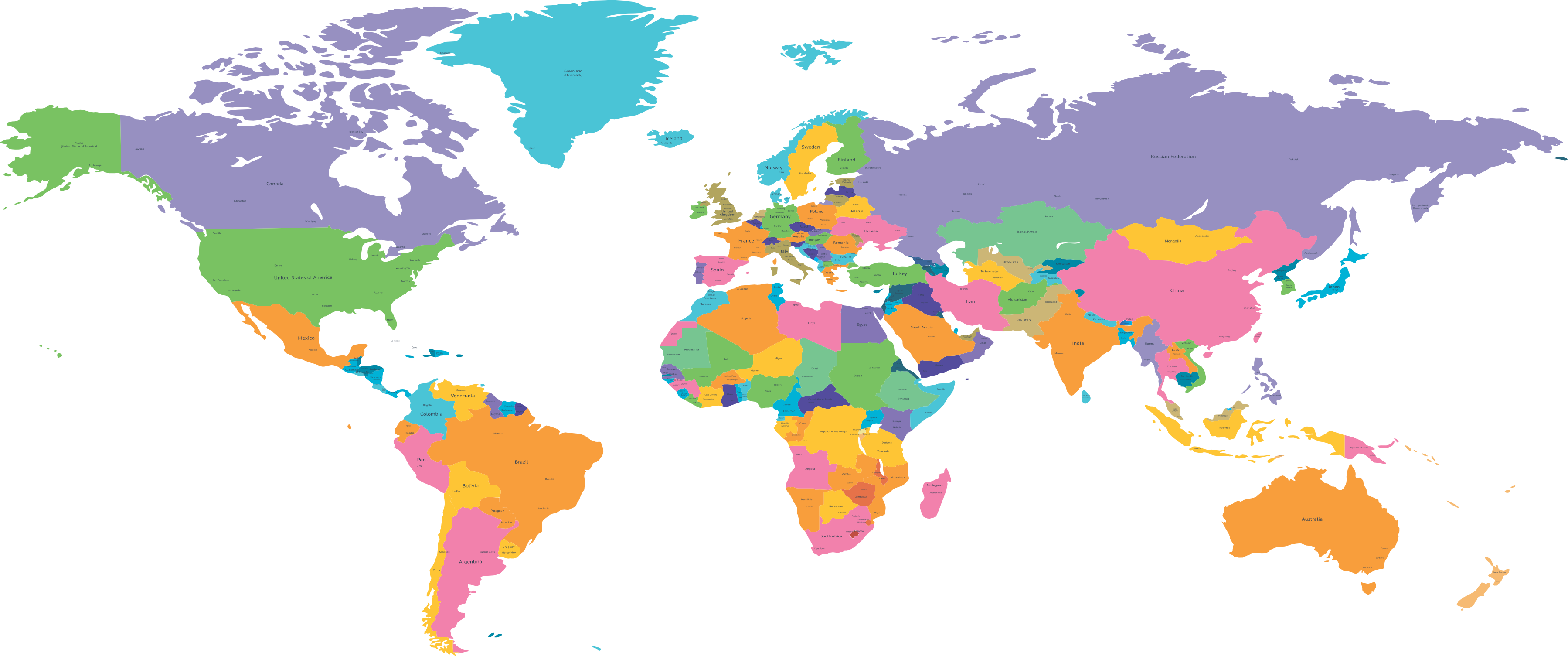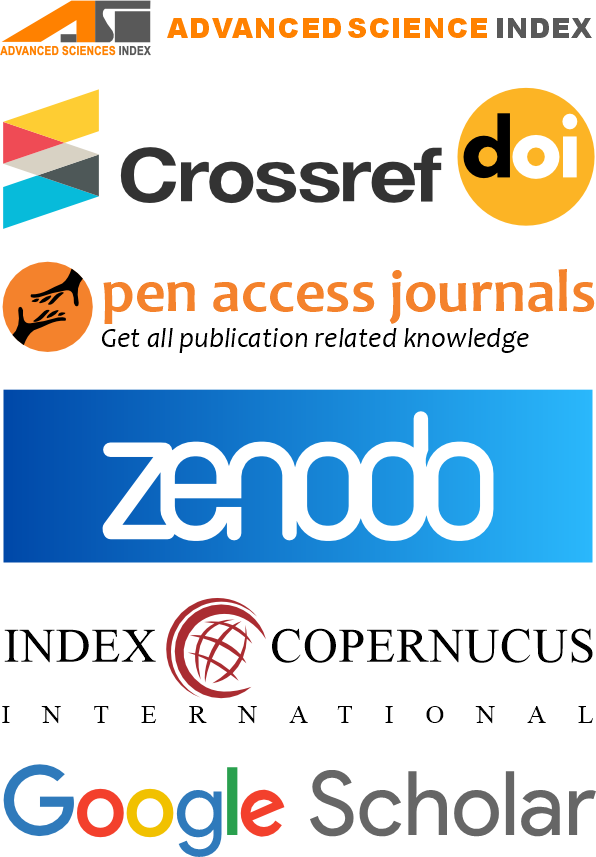Analyzing the Israel-Palestine Conflicts: Assessing the Impact and Effectiveness of the Involvement of Islamic Countries
DOI:
https://doi.org/10.62997/rl.2023a.25513Keywords:
Israel-Palestine Conflicts, Islamic Countries, Geopolitical WarsAbstract
With their intricate political, theological, and practical complexities, the Israel-Palestine conflicts have persisted as one of the longest-lasting and most intricate geopolitical wars. This research explores the complex dynamics of the conflicts, concentrating on the role that Islamic countries have played. In the context of an ongoing and ambiguous dispute, this investigation aims to analyze the provocations, tactics, and influence of Islamic countries in determining the trajectory of the Israel-Palestine conflicts. The study defines the necessity for a focused discourse on the role of Islamic countries and points out gaps in existing research through a thorough literature review and a detailed analysis of literal and contemporary elements. The investigation items comprise an analysis of the provocation that led Islamic countries to participate in the wars, a review of the tactics used in the military, political, and economic spheres, a study of the influence on peacekeeping efforts, and a list of the obstacles and constraints that these countries had to deal with. The theoretical framework analyzes the actions and viewpoints of Islamic nations in the context of the Israel-Palestine disputes by drawing on transnational relations theories such as constructivism, literalism, and leftism.
References
Bartal, S. (2015). Jihad in Palestine: Political Islam and the Israeli-Palestinian Conflict. Routledge.
Bercovitch, J., & Kadayifci, S. A. (2002). Conflict Management and Israeli-Palestinian Conflict: The Importance of Capturing the “Right Moment.” Asia Pacific Review, 9(2), 113–129. https://doi.org/10.1080/1343900022000036124
Djuyandi, Y., Husin, L.H., & Tjioediningrat, R. (2021). Indonesian role in Palestine-Israel security matters. Journal of Legal, Ethical and Regulatory Issues, 24(6), 1-8. https://www.abacademies.org/articles/indonesian-role-in-palestineisrael-security-matters-12771.html
Frisch, H., & Sandler, S. (2004). Religion, state, and the international system in the Israeli–Palestinian conflict. International Political Science Review, 25(1), 77-96. https://doi.org/10.1177/0192512104038168
Gelvin, J. L. (2014). The Israel-Palestine conflict: One hundred years of war. Cambridge University Press.
Islam, R. (2017). Work on the Israeli-Palestinian conflict. International Journal of the Analytic Hierarchy Process, 9(3). https://doi.org/10.13033/ijahp.v9i3.523
Inbar, E. (2013). Israel’s Palestinian challenge. In Israel’s Strategic Agenda (pp.210-229).Routledge.
Indriasandi, I. B., & Wargadinata, W. (2023). Palestine-Israel Conflict Resolution Analysis Study in the Perspective of Islamic History. Jurnal Al Azhar Indonesia, 8(2), 102. https://doi.org/10.36722/sh.v8i2.1742
Khan, F. G. (2022). Israel-Palestine Conflict and the Role of International Organizations. Pakistan Review of Social Sciences (PRSS), 3(1). Retrieved from https://journals.pakistanreview.com/index.php/PRSS/article/view/144
Kelman, H. C. (1999). The interdependence of Israeli and Palestinian national identities: the role of the other in existential conflicts. Journal of Social Issues, 55(3), 581–600. https://doi.org/10.1111/0022-4537.00134
Milton-Edwards, B. (2013). Political Islam and the Palestinian–Israeli Conflict. In Islamic Attitudes to Israel (pp. 65-85). Routledge.
Makdisi, K., 2018. Palestine and the Arab–Israeli Conflict: 100 Years of Regional Relevance and International Failure, Istituto Affari Internazionali. Italy. https://policycommons.net/artifacts/3833910/palestine-and-the-arab-israeli-conflict/4639823/
Newman, D., & Yacobi, H. (2004). The role of the EU in the IsraelPalestine conflict. Beer Sheva: Ben-Gurion University of the Negev.
Nonneman, G. (2003). A European view of the US role in the Israeli-Palestinian conflict. Martin Ortega (red.), The European Union and the Crisis in the Middle East, Parijs, 33-46.
Pratiwi, F. I., Qomara, G., & Syarafi, M. a. R. (2020). US Involvement in the Israeli-Palestinian Conflict: Solution or Problem? Tamkang Journal of International Affairs, 24(1), 57–107. https://doi.org/10.6185/tjia.v.202007_24(1).0002
Reda, L. (2016). Origins of the Islamic Republic’s Strategic Approaches to Power and Regional Politics: The Palestinian-Israeli Conflict in Khomeini’s Discourse. Middle East Critique, 25(2), 181-203.
Ryzhov, I. V., Rogozhina, E. M., Abidulin, A. M., Savin, I. S., & Borodina, M. Y. (2019). Islamic Model of Political Leadership as a Potential Way to Start Negotiations Aimed at Resolving the Israeli-Palestinian Conflict. Journal of History Culture and Art Research, 8(3), 442-451. https://doi.org/10.7596/taksad.v8i3.2259
Yacobi, H., & Newman, D. (2008). The EU and the Israel–Palestine conflict. In Cambridge University Press eBooks (pp. 173–202). https://doi.org/10.1017/cbo9780511491337.007




